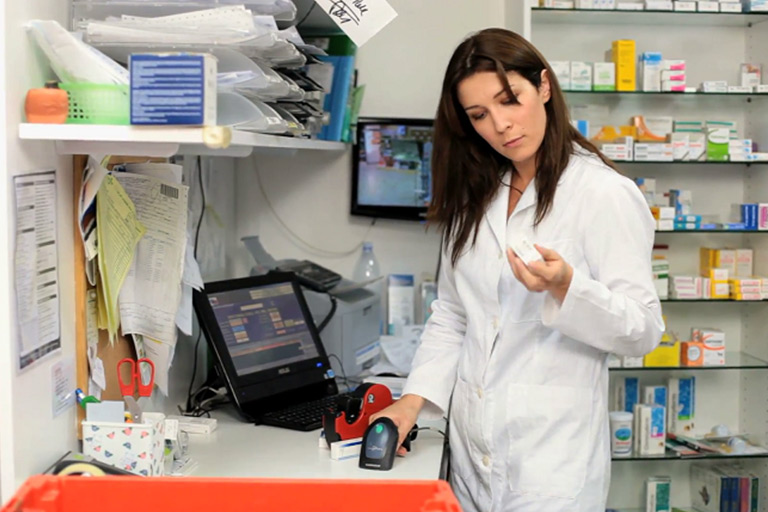Exclusive Article by Lindsey Patterson at EMRIndustry
Most hospitals still rely on paper systems. There’s paper required for emergency admissions, enterprise imaging, insurance documentation, medical prescriptions, medical reports, new hires, new patients, and patient records. This paperwork can have an impact on hospital workflows. While paperwork is essential, it can lead to human errors and takes more time to get things processed.
It can be hard to track down a paper trail in your hospital. It’s even more expensive to manage it. Keeping and storing these files safe and secure is mandatory for HIPPA compliance. That’s why automation workflow is the best solution for hospitals. More hospitals have been discovering this solution to the paper system, which improves work quality.
This solution provides you with management tools that automate hospital workflows and makes everything run smoothly. Automation tools are cost-effective, customizable, and are self-taught. In addition to making your hospital paperless, it increases efficiency and drives innovation. If your hospital has yet to automate and manage its hospital workflows, here are some reasons why you need it.
Maintain EHR Systems
The biggest risk to hospitals is the exposure to Electronic Health Records (EHR). The number of human errors has increased every time the hospital staff doesn’t enter accurate information into the EHR systems. This can lead to numerous problems, such as misdiagnosing patients and mishandling patient information. Some of these problems have breached the meaningful use and MACRA, which is the U.S. government standards for using EHS systems.
These laws and regulations ensure the safe exchange of clinical data among healthcare providers, insurance companies, and patients. Automating the hospital workflow around EHR systems rather than treating it as a patient history database can reduce these issues. If the hospital that you work for automates this process across your EHR systems and medical labs, then there’s no room for human error. Automation software can transfer those test results safely and accurately into the EHR system via the cloud.
This allows healthcare practitioners to understand their patient’s condition and offer targeted treatment.
Patient Admission & Discharge
One of the most important aspects of hospital workflow is the approval process. Every form and document needs to be signed off by an administrator or doctor for approval. However, in a paper-centric or traditional hospital setting, approvals can be slower to process.
Thanks to the automated workflow, approvals are performed in real time. A healthcare practitioner can approve documents using a mobile app. This latest technology allows them to accept approvals for common requests, such as patient discharge.
Automated approvals are not only quicker and easier, but they’re harder for anyone to forge a doctor’s signature. They also provide a timestamp of the documentation. The automated patient admission process is quicker, easier, and more reliable. The process takes place through billing, insurance, and registration.
Automating the patient admission and discharge process provides seamless coordination across all departments, without requiring an administrator to leave his or her desk.
Manage the Staff Roster
Managing your on-call roster and staff is a concern in any hospital. Most hospital staff are used to having their shifts assigned to them on paper. This expensive and labor-intensive process leads to an increase in human errors and duplicate entries.
With cloud-based software, there are tools that generate a schedule quickly and easily.
The schedule provides greater accuracy and ease of use. While these reports need to be approved or signed off by management, linking your scheduling system with an automatic workflow management software provides for easy and quick approvals for schedules. It also notifies staff immediately of any approvals or changes.
Not only is retaining your staff hard but so is finding the right talent. Even if you find the right talent and pay them well, it could take several weeks for them to start working due to the lengthy onboarding process. Instead, use an automated system that keeps everything informed of the onboarding process. Only your new staff will fill out the required forms rather than hundreds of forms they don’t need to fill out. This reduces the gaps in errors and lets new hires fill their roles faster than before.
If you want your hospital to be more effective and efficient, then use an automation system for your hospital workflow. Speak to qualified experts about finding the right solution to automate each of your hospital workflows.






























